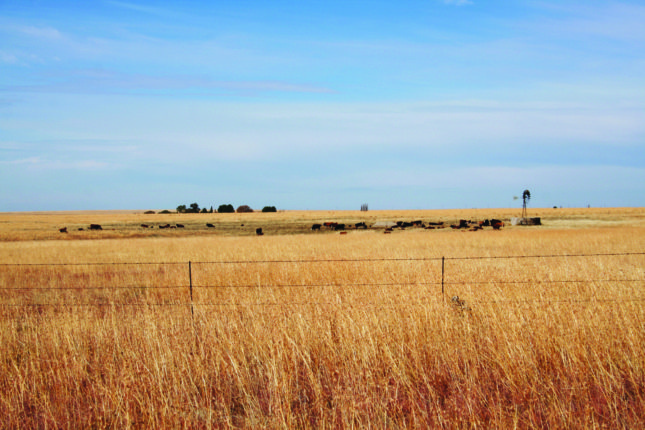
Trust takes years to build, seconds to break, and forever to repair’, goes the saying, and it neatly describes how fragile trust is.
Trust is crucial to your personal and business future, and you should do your utmost to build and manage it. But unless you can measure it, you cannot really manage it.
This is more easily said than done, though, as the degree of trust you or your business engenders is difficult to quantify.
However, confidence follows trust, and there are certainly ways and means of measuring this. You could say that the SA Chamber of Commerce and Industry measures trust with its Business Confidence Index. Then there’s the Agricultural Business Chamber (Agbiz) and the Industrial Development Corporation’s (IDC) quarterly confidence index, which reflects the perceptions of agribusiness leaders.
As imperfect as they might be, both indices provide an idea of the level of confidence that decision-makers in business have in the future. And to be sure, while the degree of confidence may depend on many elements in the business environment, trust in your staff, colleagues, the industry and government are critical to building confidence.
Profitable opportunities
Right now, the Agbiz/IDC Confidence Index reflects a pessimistic view of SA agriculture. This is no surprise, really, due to the drought. But despite this (relatively) short-term problem there is strong interest from many quarters in investing in basic commercial agriculture.
Not a week goes by that an enquiry does not find its way to me from an individual or an organisation looking for an opportunity to invest in farming.
Local investors such as Agri-Vie, UFF, the PIC and Zeder have woken up to the fact that there are profitable investment opportunities in carefully selected and well-managed agricultural projects. It’s all indicative of the high level of trust in the future of the agricultural sector.
Farmers need to build on this trust, and in this respect there is a worrying aspect that needs urgent attention: the decline in basic agricultural research in South Africa. Working through their industry organisations, farmers need to insist that this situation changes.
Steady year-on-year decline since the 1990s
Benchmarking exercises conducted by Kathleen Flaherty, Johan Kirsten and others indicate an annual decline of 2% per year in real terms in government expenditure on research since mid-1990. The number of full-time agricultural researchers in government fell from 998 in 1991 to 784 in 2008. In 2015, the ARC employed only 471 professionally trained researchers.
This is bad news for building trust in agriculture. On the flip side, the private sector and farmers themselves, through their industry organisations, are filling the gap. But we need to be careful here.
Companies supplying agricultural chemicals, for example, have to carry out some research in order to keep selling their products, but as necessary as this might be, it’s not the sort of research we need to build trust.
What is required, rather, is long-term, basic research, such as new variety development and new ways of controlling pests and diseases without resorting to chemicals.
Organisations such as the South African Sugar Association, the Citrus Research International and others are doing a great job with the resources at their disposal. But it’s not enough.
As a farmer, you need to play your part by exhorting your industry or commodity organisation to spend money on carefully selected long-term research – and use it to build trust by telling the world about it.
It will push up your costs, but without it, the trust you have will be damaged or lost. You cannot afford to see this happen.






